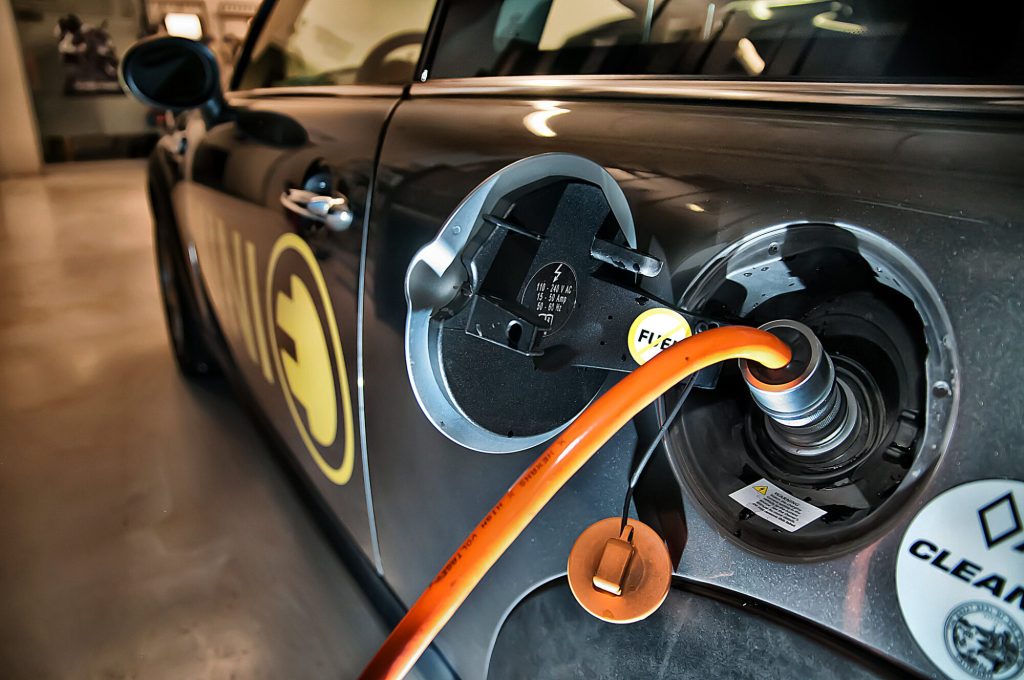While it is true that Asia and Europe are leading the transition to electric mobility, Ibero-America is experiencing important changes that invite manufacturers to invest in the region.
According to a report by the Economic Commission for Latin America and the Caribbean (ECLAC), electromobility is one of the 15 opportunities for economic and social growth.
The study called “Ibero-America: space of opportunities for growth, collaboration and sustainable development” highlights that the automotive market is rapidly adapting to variations and new vehicle technologies designed to manage climate change and contribute positively to sustainability goals.
Regional Leaders
Mexico and Brazil are leading the way in terms of electric car deployment. On the one hand, Mexico has great support due to its interconnection with the United States, while Brazil benefits from the investments associated with this sector, in addition to having the most competitive brands in the region in terms of electric mobility.
The ECLAC study states that in both countries, investment and imports of this type of automobiles, together with the necessary infrastructure for this market, have helped to solidify the vision of electric cars.
It also mentions that Latin American countries are sufficiently well positioned to take advantage of the opportunities offered by this sector of the automotive industry, especially because it is still undergoing a profound transformation.
Read also: Peru to Begin Electric Conversion of 10,000 Taxis with European Union Support
Business Model
The electric vehicle movement continues to grow, consolidating itself within the global market. “Electric mobility has a very important role in terms of economic growth. It is capable of generating new businesses and new jobs, that is very remarkable”, stated Mónica Lupiañez, in charge of Renewable Resources at InterEnergy Group, to La Estrella de Panamá.
Likewise, ECLAC points out that from 2018 to 2022, global sales and market share of light electric vehicles increased 4.1 percentage points, from 2.2% to 8.3% and have come to represent 4% of the global car fleet.
According to Lupiañez, investment in electric fleets is essential. Although there are options for the population, it is necessary to have a wider range of affordable electric cars for the public.







